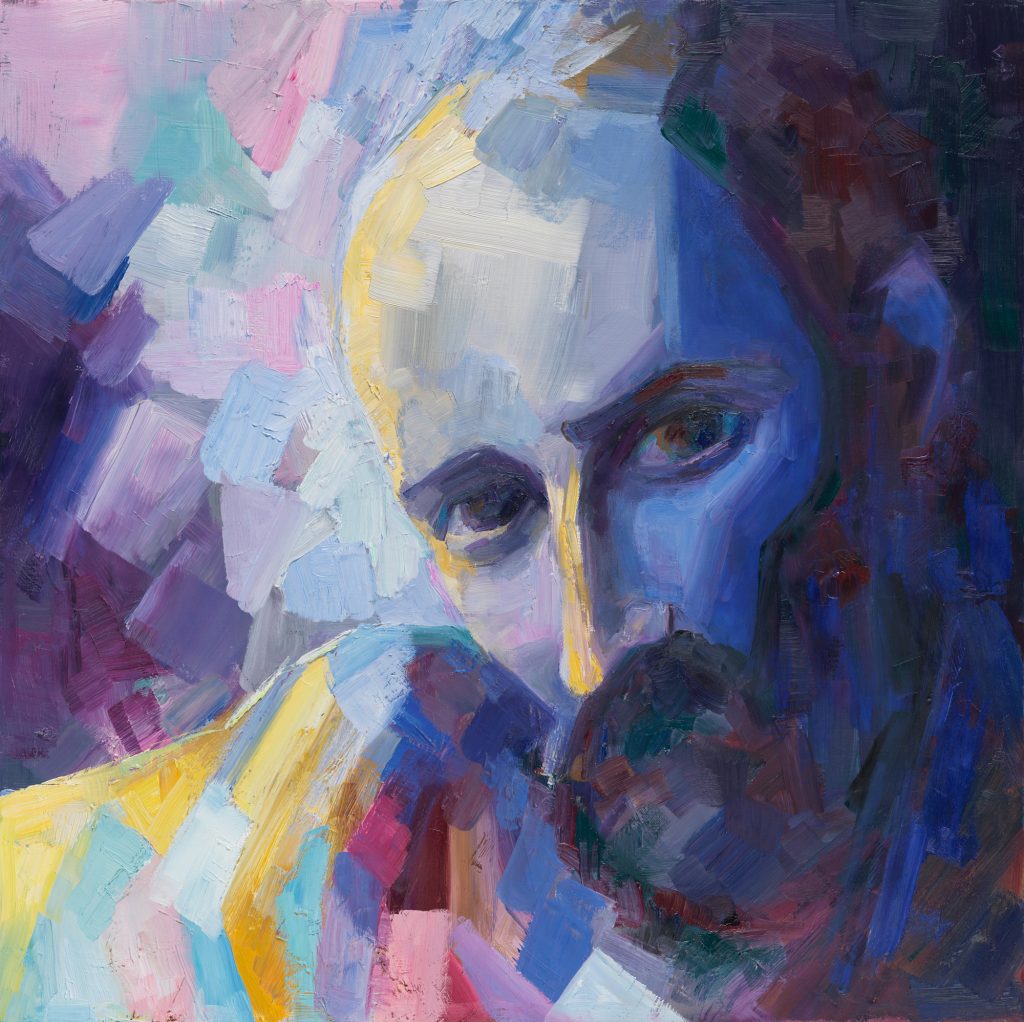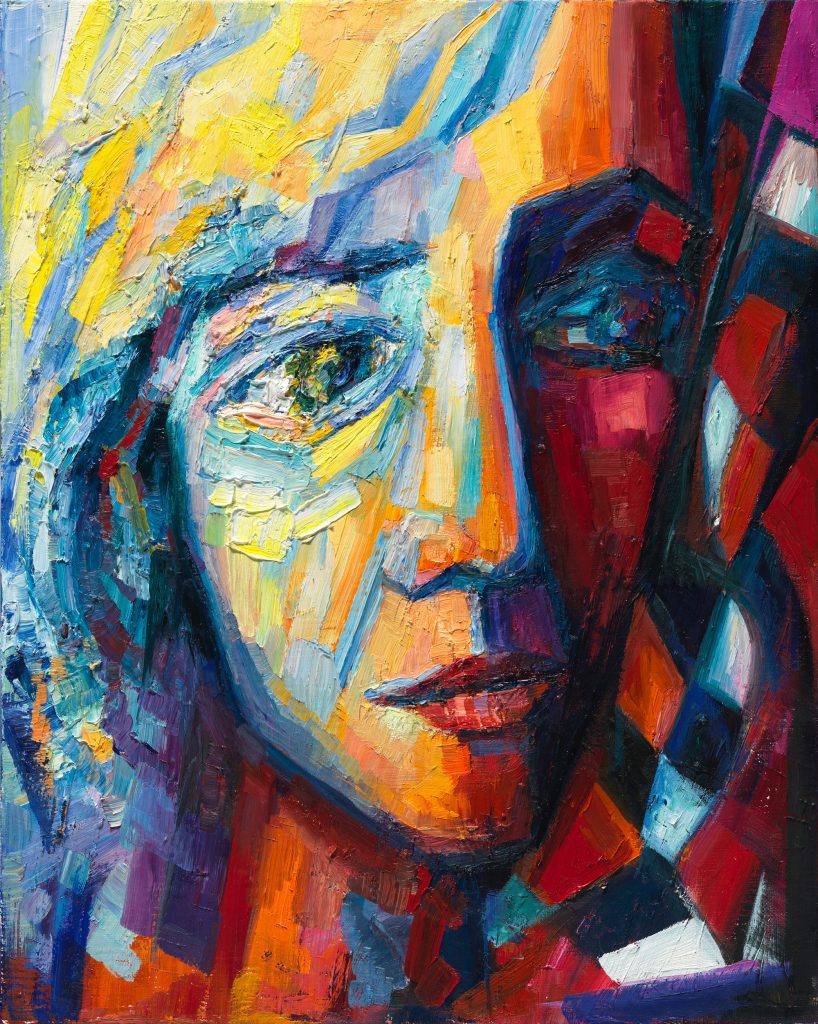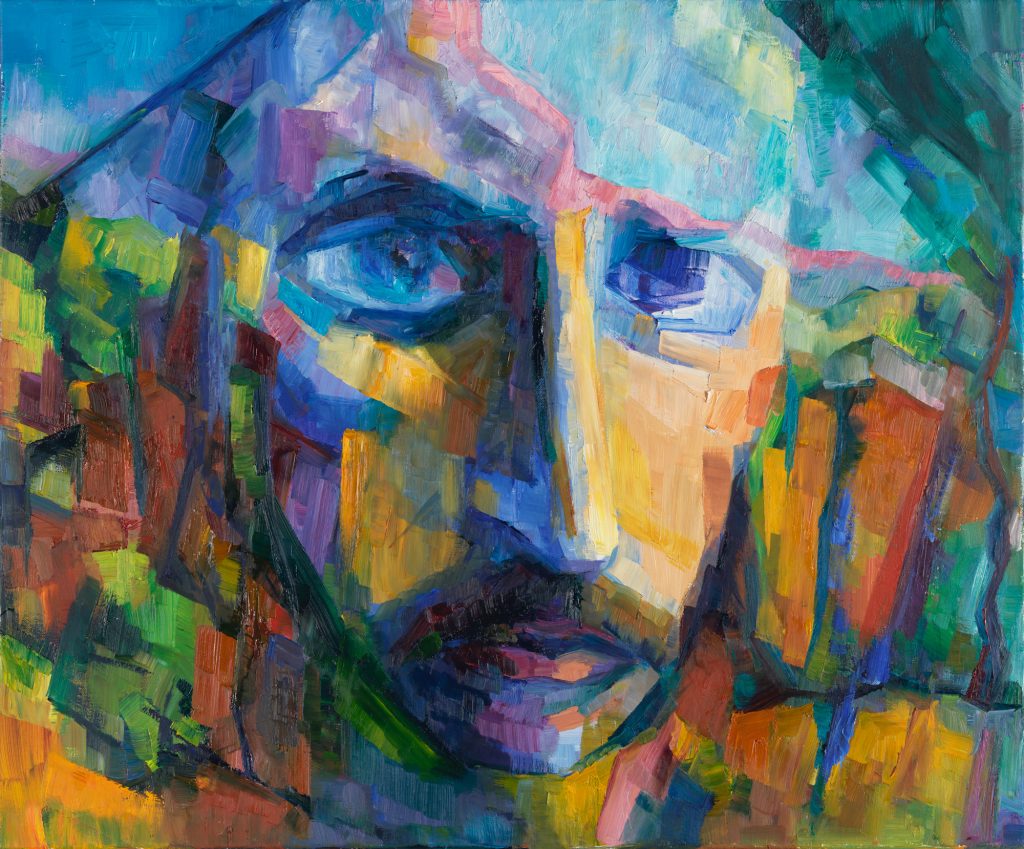There are some childhood episodes (or memories?) that (in retrospect) define who we are, and how we live our lives.
One day, more than forty years ago, my parents and I were going back from our “dacha” to Petersburg, and I anticipated these forty minutes of train ride as a spacetime of freedom, of pure, agenda-less being. Just watching: the woods, and the fields, and the sky, and whatever would happen outside.
But as we took our seats on the train, my father asked me which book I was planning to read, quite matter-of-factly, as though there were no other options.

I made an attempt to withstand this pressure: I didn’t plan to read, I said. I would like to think.
I didn’t have a better word to describe my dream of being. But this was, quite obviously, a wrong word.
But what is it you are going to think about? — he asked. — What is the problem you are trying to solve?
And I had no good answer to that. No agenda for my “thinking”, no problem to solve.
I was longing for freedom, for unlimited, unconstrained, agenda-less being, for pure presence to the “here and now” of my childhood that was just about to end, to the wooden seats of this short-distance train, their surfaces so finely polished by time that they reflected the sunlight, and to the forest outside, and the sky, and the fields. Such a short time — just these forty minutes — for freedom to simply be and do nothing.
But I couldn’t find words to express all this to my father.
Without a question to answer, without a problem to solve — there is no “thinking”, he told me. It is not thinking, but simply laziness of the mind.
And so I dropped my resistance, and pulled out a book. I learned the lesson: this pure freedom of being, agenda-less presence to life — it is not enough. That I could even dream of it meant that my mind was lazy.
The thing is, I have no way of knowing how accurate this childhood memory is. I never even had a chance even to compare it to my father’s memories, because he was killed in a car accident just a few short years after this.
But this conversation has been repeating itself in my head over, and over, and over — sometimes within the space of my conscious awareness, sometimes just below the threshold, just as a vague unease about simply being and doing nothing.
What my father did that day, I’ve been doing to myself, again and again, all these years since then: denying myself the right to simply be. Longing for freedom — and yet always feeling that I have to constrain it, by giving myself specific tasks to accomplish, or problems to solve, or, at the very least, things to do.
I keep doing this to myself, even though I know now that this simple, agenda-less being is essential for growth, for the true blossoming of human experience and creativity.

And yet, again and again, I find myself falling into this familiar trap, this build-up of chaotic piles of commitments, mostly to myself, and completely contrary to my own ever-present longing for freedom of being. Because there is always the other side of the same trap: when my day is completely empty and free of obligations, filled with freedom, I feel uneasy about that, too. Such a day feels fluffy, devoid of meaning and purpose.
As I was rereading Rilke’s “Letters on Cezanne” (preparing my “Learning from Cezanne” program for a new release), I recognised, once again, this same tension in him. Looking up to Cezanne, and van Gogh, and Rodin, he strives “to become a worker”, to stay always “within one’s work”, and always, always finds himself lacking — while at the same time knowing, deeply knowing, that…
“all we basically have to do is to be there, but simply, ardently, the way the earth simply is, consenting to the seasons, light and dark and altogether in space, not asking to rest upon anything other than the net of influences and forces in which the stars feel secure.”

I wish I had these words in me, all these years ago, to share with my father…
The only way to resolve this tension I found so far is to actually practice freedom — practice simply being open and empty, practice doing nothing, practice being free of tasks and agendas and problems to solve and things to do.
Forty minutes at a time might be beyond my ability to simply be right now, but perhaps I can manage twenty minutes a day…
If you would like to receive more from “Sonnets in Colour”, please leave me your name and address: